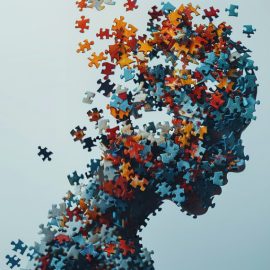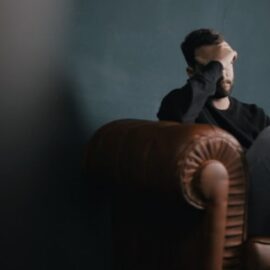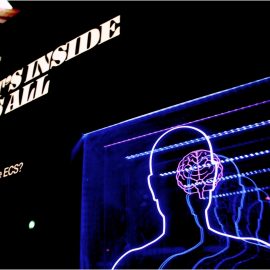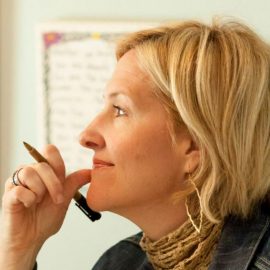
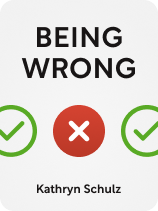
This article is an excerpt from the Shortform book guide to "Being Wrong" by Kathryn Schulz. Shortform has the world's best summaries and analyses of books you should be reading.
Like this article? Sign up for a free trial here.
Why do your senses sometimes deceive you? How can your own brain lead you astray?
In her book Being Wrong, Kathryn Schulz explores the concept of faulty perception. She explains how our brains process sensory information and make decisions. She reveals surprising insights about our cognitive processes that are important for us to understand.
Keep reading to better understand some of the hidden workings of your mind.
Faulty Perception
The most basic and natural mistake we make is to trust the evidence of our senses without question. The senses are the mind’s only window to the world, but we underestimate the degree to which that window is clouded by how the brain filters data through an unconscious interpretive process, followed by instinctive reasoning that doesn’t rely on strict rules of logic, which can create a faulty perception.
Schulz explains that our conscious minds don’t receive the “raw data” from our senses. Instead, the information we see, hear, and feel is touched up and processed by our unconscious nervous system, such as the way the brain’s visual cortex fills in the gaps between the still frames of a movie. Our brains are designed to fill in the gaps in any sensory data we receive. Doing so gives us a more cohesive awareness of our surroundings, which therefore aids our survival in the wild—but it also opens the door to error, particularly when the brain’s “best guess” to fill those gaps turns out to be wrong.
(Shortform note: Research into the neurological process Schulz describes has shown that in humans—and primates in general—object recognition involves more of the brain than the visual processing centers alone. When an object is partially hidden, giving the visual cortex limited information, neurons start to fire in the sections of the brain associated with memory and problem-solving. This suggests that the “evidence of our eyes” is guided just as much by memory and context as it is by what we actually see. The same researchers also suggest that a breakdown of this process may account for some of the perceptual difficulties experienced by people with autism or Alzheimer’s disease.)
Our misperceptions are amplified when we use them to make decisions, a process which also relies on “best guess” logic more than we’d like to admit, writes Schulz. Rather than using careful logic to make decisions and judgments, our brains default to inductive reasoning—determining what’s likely to be true based on past experience. This mental shorthand allows for quick decisions that tend to be mostly right most of the time, but inductive reasoning also leads us into various cognitive traps, such as making overly broad and biased generalizations while ignoring information that doesn’t jibe with our beliefs. As with our sensory errors, our imprecise reasoning is a natural side effect of the processes that make our brains so efficient.
(Shortform note: Despite the benefits Schulz describes, semi-logical reasoning can also make us vulnerable to mistakes based on rhetorical fallacies—in other words, we can be persuaded to be wrong. In Thank You for Arguing, Jay Heinrichs explains that, to be persuasive, an argument doesn’t have to be right, it only has to feel right. To guard against falling prey to such “reasoning,” you have to watch out for several logical-sounding fallacies you’ll come across, such as weak evidence, false dichotomies, straw-man arguments, and false correlations, all of which satisfy the “best guess” logic that Schulz asserts our brains rely on.)

———End of Preview———
Like what you just read? Read the rest of the world's best book summary and analysis of Kathryn Schulz's "Being Wrong" at Shortform.
Here's what you'll find in our full Being Wrong summary:
- Why you shouldn’t try to completely avoid making mistakes
- The reasons why you get things wrong
- How to make mistakes without falling victim to shame and denial



